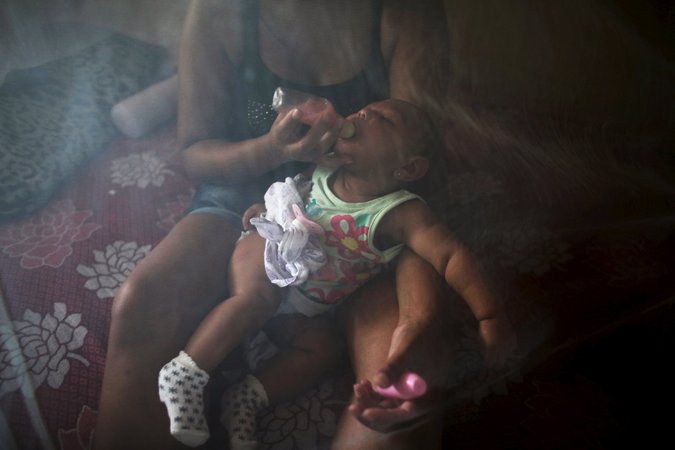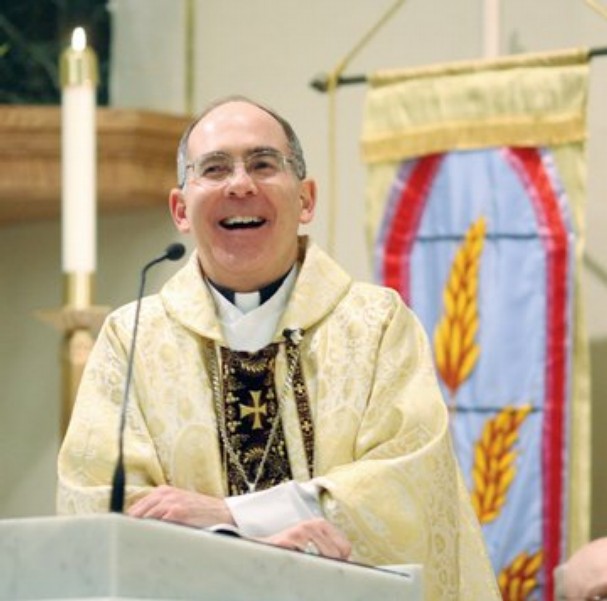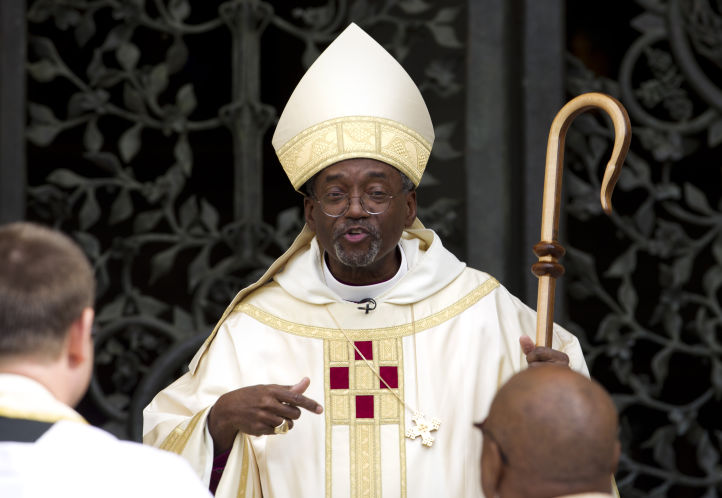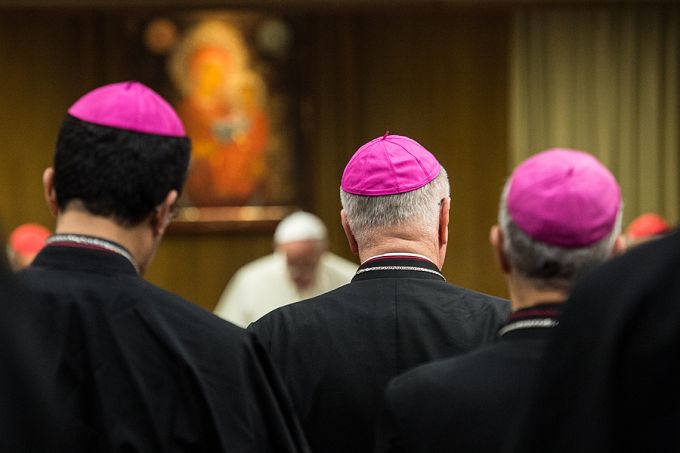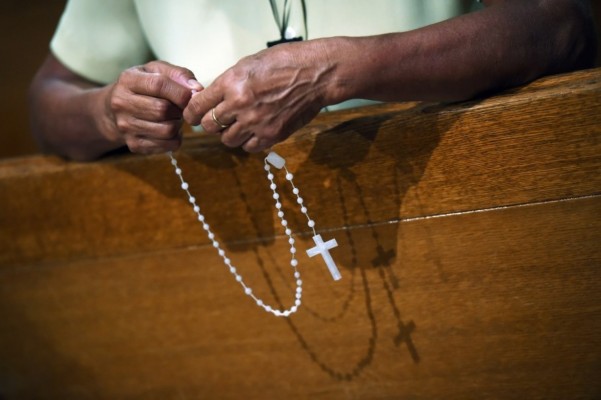
For years, the Catholic Church has been in the throes of a heated debate over how accepting it should be of gay relationships.
The church teaches that gay behavior is sinful; however, no institution is immune from changes in the world around it.
The Michigan Catholic Conference — which oversees health care for Catholic employees in the state — announced in a letter last week that it is modifying its coverage in a way that will make it possible for gay employees of the church to get health benefits for their partners and spouses.
It does so in a way, however, that doesn’t affirm gay marriage, but simply redefines who qualifies for health coverage in a way that could include same-sex couples.
The move comes less than a year after a deeply divided Supreme Court delivered a historic victory for gay rights, ruling 5 to 4 that the Constitution requires that same-sex couples be allowed to marry no matter where they live.
The letter, sent to pastors and church employees, said health care coverage will be expanded to include legally domiciled adults. A person is considered an LDA, the letter notes, if they’re 18 or older, are financially interdependent with the church employee, and have lived with that person for at least six months.
Under the previous arrangement, a same-sex spouse would not be covered by health insurance because the Catholic Church defines a spouse as someone of the opposite gender, according to the Detroit Free Press.
A person’s sexual orientation or behavior will not factor into the church’s decision to provide employees with health care, according to Dave Maluchnik, director of communications for the MCC. Instead, he said, the church’s primary consideration will be residency.
“The church’s teaching on marriage and human sexuality is not changing,” Maluchnik told The Washington Post. “Our health benefit plan is expanding its eligibility to include a legally domiciled adult and, as such, the benefit is not dependent upon the relationship. It’s dependent upon residency. As long as the qualifications are met, then the benefit can be extended.”
The letter does not include the words “gay” or “same-sex relationship” and Maluchnik said projecting homosexuality into the letter was “a narrow reading” on the eligibility change. He pointed out that the rule change could just as easily apply to a friend, cousin, sibling or parent who lives with the employee.
But gay rights advocates celebrated the change nonetheless.
“The Catholic Church prides itself on being about families, so it’s good to see them taking a step that will actually protect families,” Stephanie White, executive director of Equality Michigan, told The Post.
She said the eligibility change is particularly important in Michigan, where there is no state law that protects LGBT people from discrimination. White believes the change also highlights the benefit of having federal agencies take a lead on “issues of fairness” and predicts that in time, people will realize there’s no reason not to outlaw discrimination.
“The policy also shows that even groups and businesses that are resistant to basic non-discrimination protections can find a way to follow the law and treat everyone equally,” White said.
Maluchnik noted that the decision to expand eligibility came after lengthy discussions among church officials. The alternative to expanding eligibility —removing spousal coverage entirely — would have hurt employees, he said.
“This decision was made following extensive consultation with the National Catholic Bioethics Center and also with our legal counsel to help us ensure that the health plan is compliant with federal and state laws and at the same time being consistent with Catholic teaching,” he said.
He told The Post that the modification to the church’s health plan occurred because of the federal government’s decision to “redefine marriage and the definition of a spouse.”
“It complies with federal law, as it is, in 2016,” Maluchnik told the Free Press. “This is the world in which we now live.”
Complete Article HERE!

